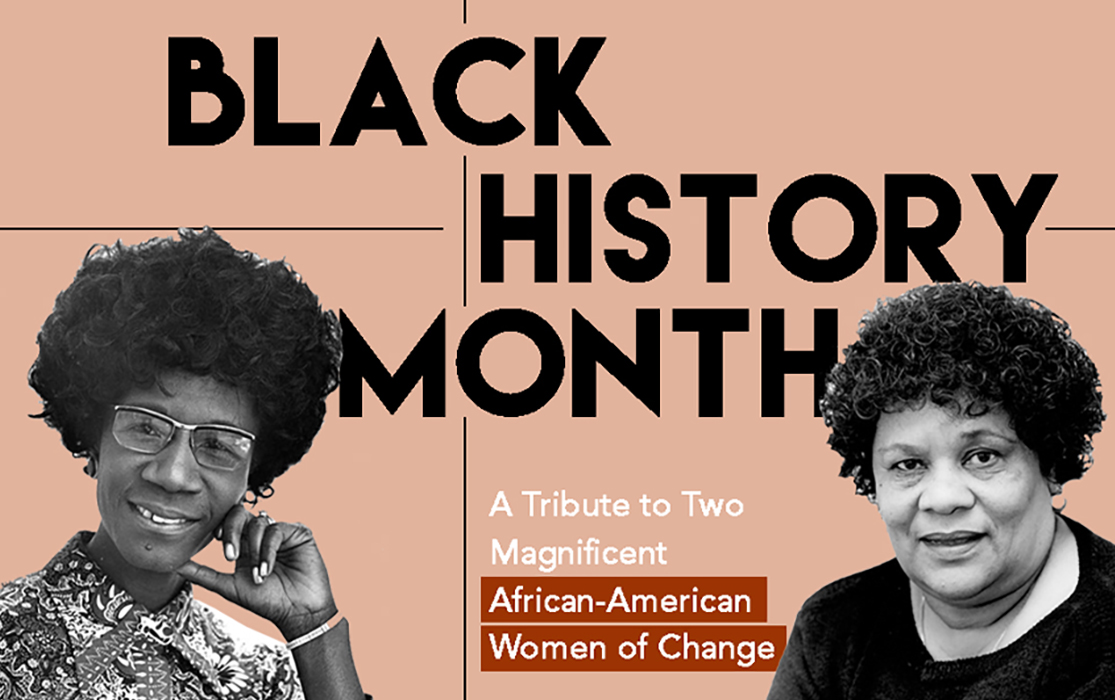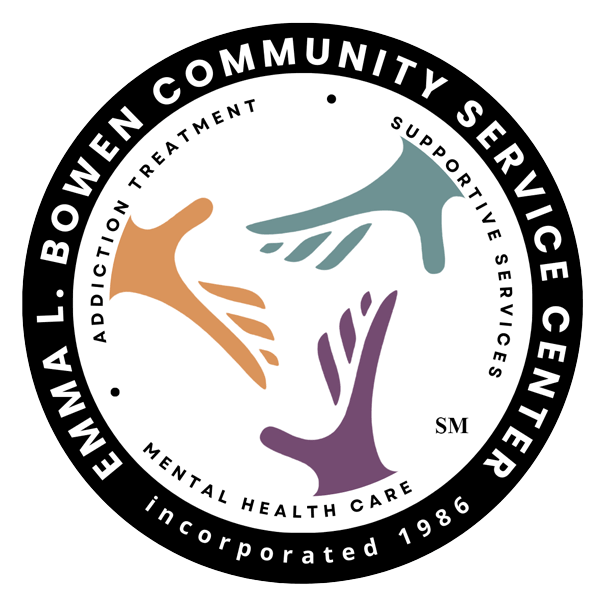Celebrating Black History Month
As the celebration of Black History Month comes to a close, the Emma L. Bowen Community Service Center pays tribute to two magnificent African American women of change – Shirley Chisholm and our founder Emma L. Bowen.

Shirley Anita Chisholm
Born in Brooklyn, New York, in 1924, Shirley Chisholm was a woman of firsts. In 1968, Mrs. Chisholm became the first African-American woman to serve in the House of Representatives. During her 14-year career as a Congresswoman, she was one of the founding members of the Congressional Black Caucus as well as the National Women’s Political Caucus, championed minority education and employment opportunities, and went on to become a member of the House Democratic leadership, serving as the Secretary of the House Democratic Caucus. In 1972, Mrs. Chisholm would again make history when she became the first African-American woman to seek a major party nomination for President of the United States. In 2015, ten years after her passing, Mrs. Chisholm was awarded the Presidential Medal of Freedom for building coalitions to expand social justice and denounce sexism and racism—and for refusing to stand on the sidelines, never letting others define her limits, and daring to be herself.
Emma L. Bowen
Emma Bowen was a lifelong outspoken advocate for community causes and the rights of minorities whose reach extended to the halls of the Nation’s Capital where she challenged broadcasters’ and politicians’ hiring practices. As a young widowed mother of three, Mrs. Bowen organized the Citizens Action for Neighborhood Organization (CAN-DO) in the 1960s and brought together tenants, landlords and City housing officials to seek ways to improve living conditions. Additionally, she helped to form Black Citizens for a Fair Media (BCFM) in 1971 and approached broadcast executives at New York City flagship stations of the major television networks to establish positive agreements to improve programming as well as employment and training opportunities for people of color. After years of working to bringing a community-based facility to the Upper Manhattan community, the Upper Manhattan Mental Health Center opened its doors in 1986. Today, the Center, which was renamed in her honor after her death in 1996, offers services for over 15,000 clients annually that include a therapeutic preschool for children with behavioral and developmental issues, programs for adults and seniors with mental health and substance abuse issues, chemical abuse outpatient programs and mental health-based services for children, adolescents and their families, as well as a twenty-bed residential chemical abuse recovery facility and a food pantry program that feeds 60,000 individuals and families a year.

